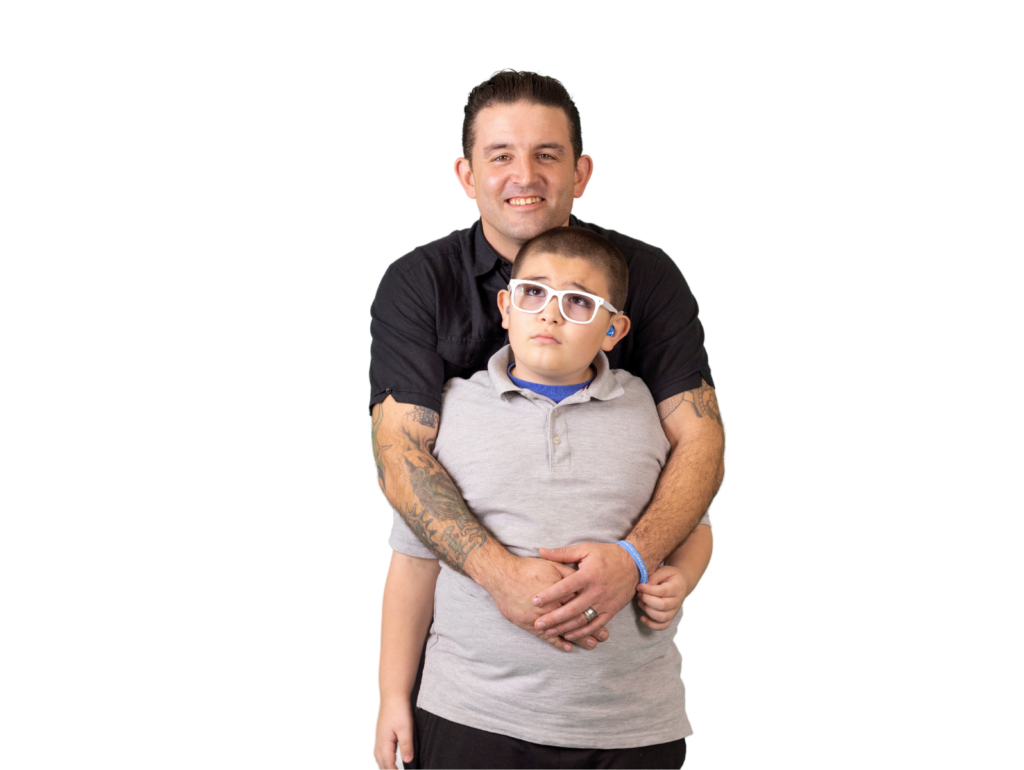New Autism
Diagnosis
Autism is a condition that lasts a lifetime, and individuals with Autism need different kinds of help as they go through different stages of life. As more people are diagnosed with Autism, it’s important to provide the right support and services. For people with Autism and their families to have a good quality of life, they need help with education, healthcare, socializing, recreation, family, and employment. The Autism Society helps people with Autism and their families at three important stages of life by giving them the resources they need when they need them.

How is Autism Diagnosed?
Autism is not diagnosed through medical tests, but instead, it is diagnosed through a comprehensive evaluation process. Professionals use the Diagnostic and Statistical Manual of Mental Disorders, Fifth Edition (DSM-5) to diagnose Autism Spectrum Disorder (ASD) and its severity levels. A team of specialists, including neurologists and psychologists, observe the individual’s communication, behavior, and development to make an accurate diagnosis. This approach helps distinguish Autism from other conditions with similar behaviors.
The DSM-5 criteria for Autism include persistent deficits in social communication and social interaction across multiple contexts, as well as restricted, repetitive patterns of behavior, interests, or activities. A diagnosis requires a combination of symptoms from these categories, and severity levels indicate the degree of support needed. It is important to recognize that Autism characteristics can change with age, so professionals must carefully evaluate each case, acknowledging the evolving nature of ASD across the lifespan.

Early Identification and Intervention
The Autism Society advocates for the early detection of Autism and the initiation of effective interventions before the age of three. Signs of Autism may emerge as soon as 18 months of age. If Autism or another developmental concern is suspected, parents are encouraged to seek out screening or assessment promptly. An early Autism diagnosis can significantly reduce the cost of lifelong care by two-thirds, enabling earlier access to supportive services and interventions for parents, therapists, and caregivers. Gaining a comprehensive understanding of Autism is crucial during this early phase.

Establishing a Solid Foundation from Early Childhood to Teen Years
The Autism Society assists parents and caregivers in developing therapeutic and educational strategies to ensure that children and teenagers can thrive. At this juncture, it's vital to grasp how the educational system can offer support and to plan for the transition into adulthood.

Achieving a Fulfilling and Respectful Life
The Autism Society is committed to ensuring that every individual with Autism has the opportunity to access services and supports that enhance their independence and quality of life. For many adults with Autism, achieving employment and community living are key objectives. Self-advocacy is increasingly significant for many within the Autism community, as more individuals share their personal experiences, identities, and needs.

Connect to support the Autism Society of Chicago
